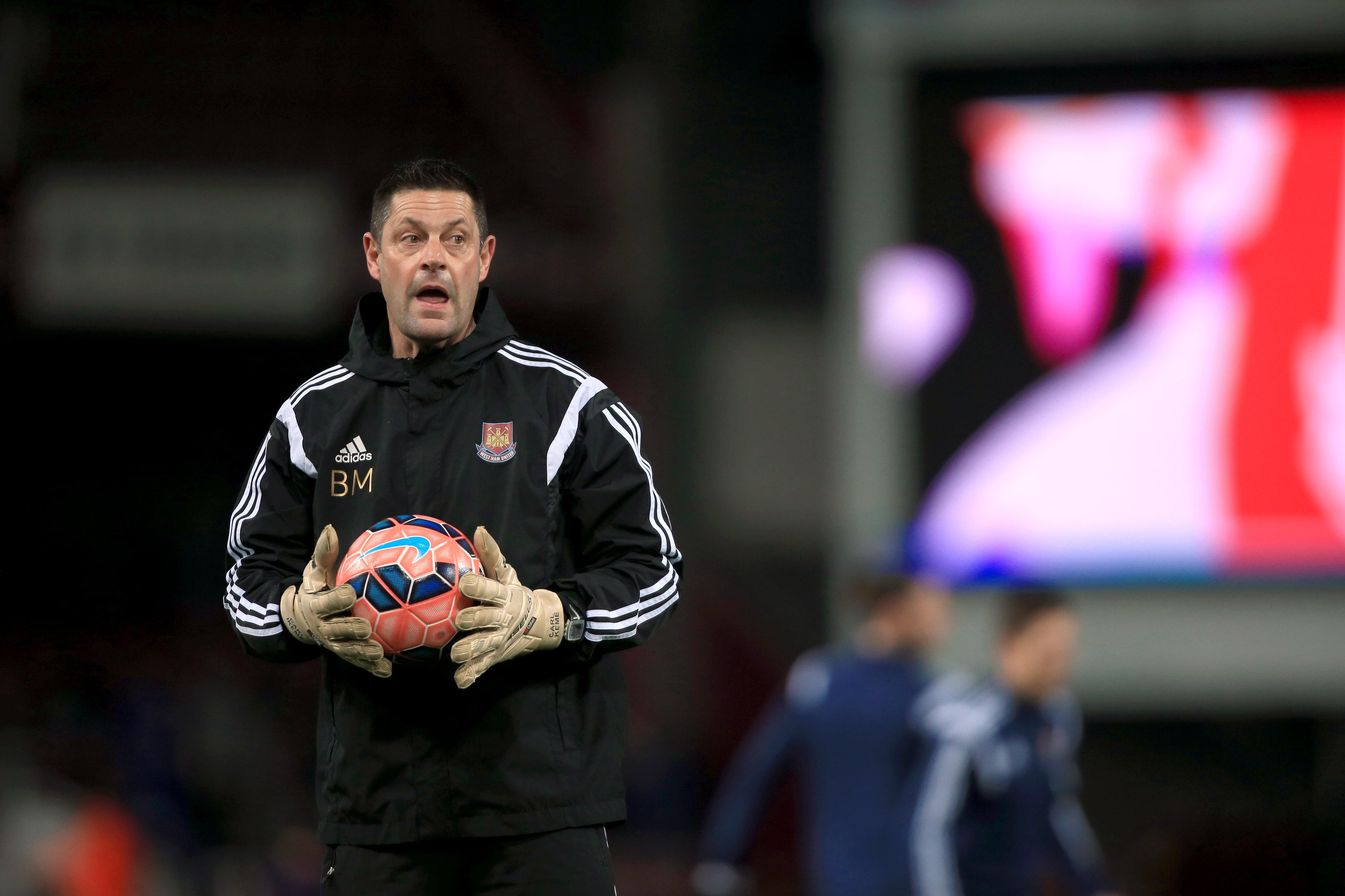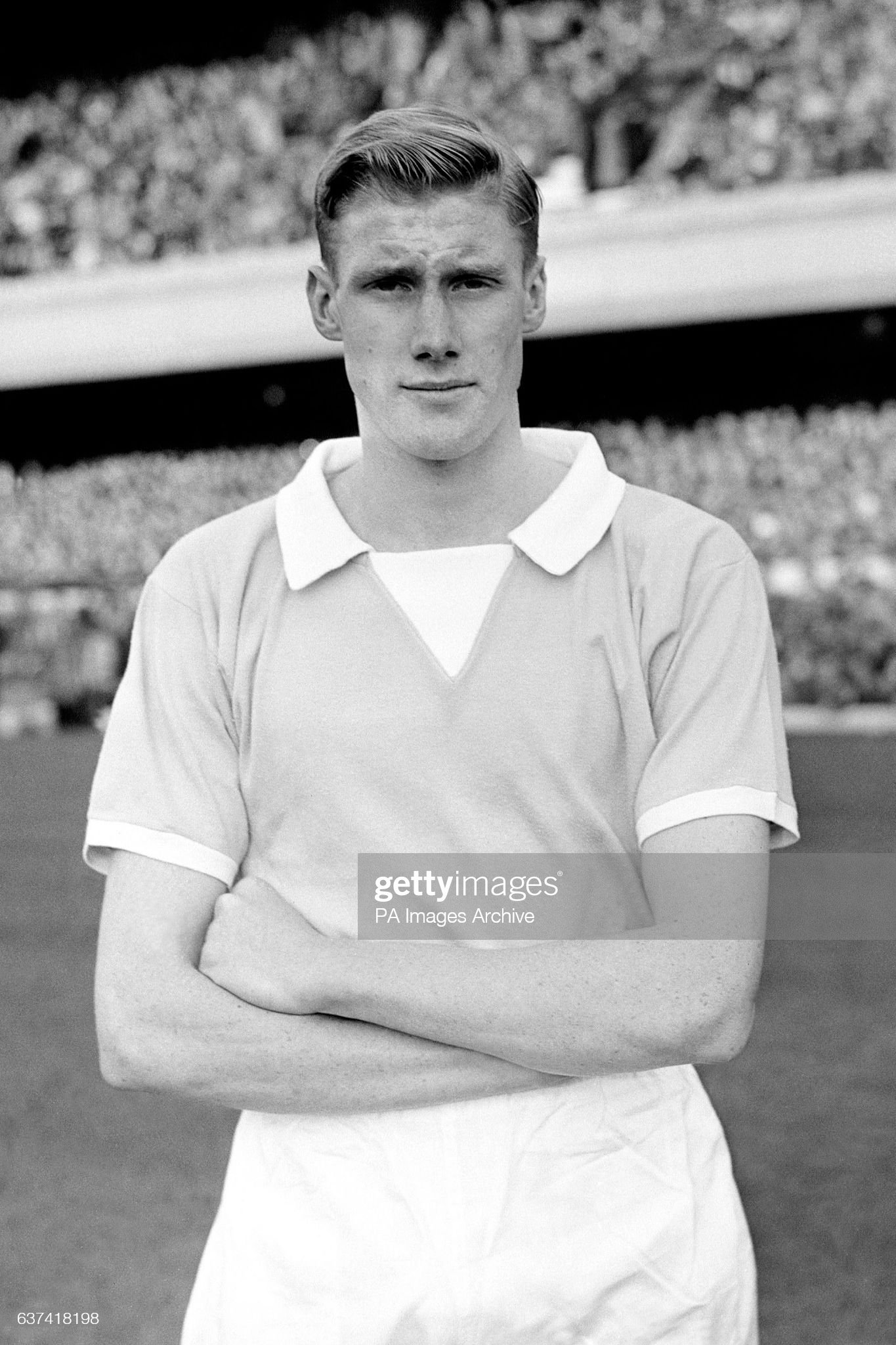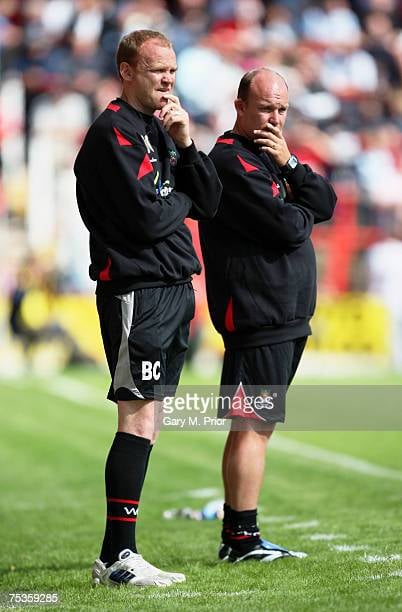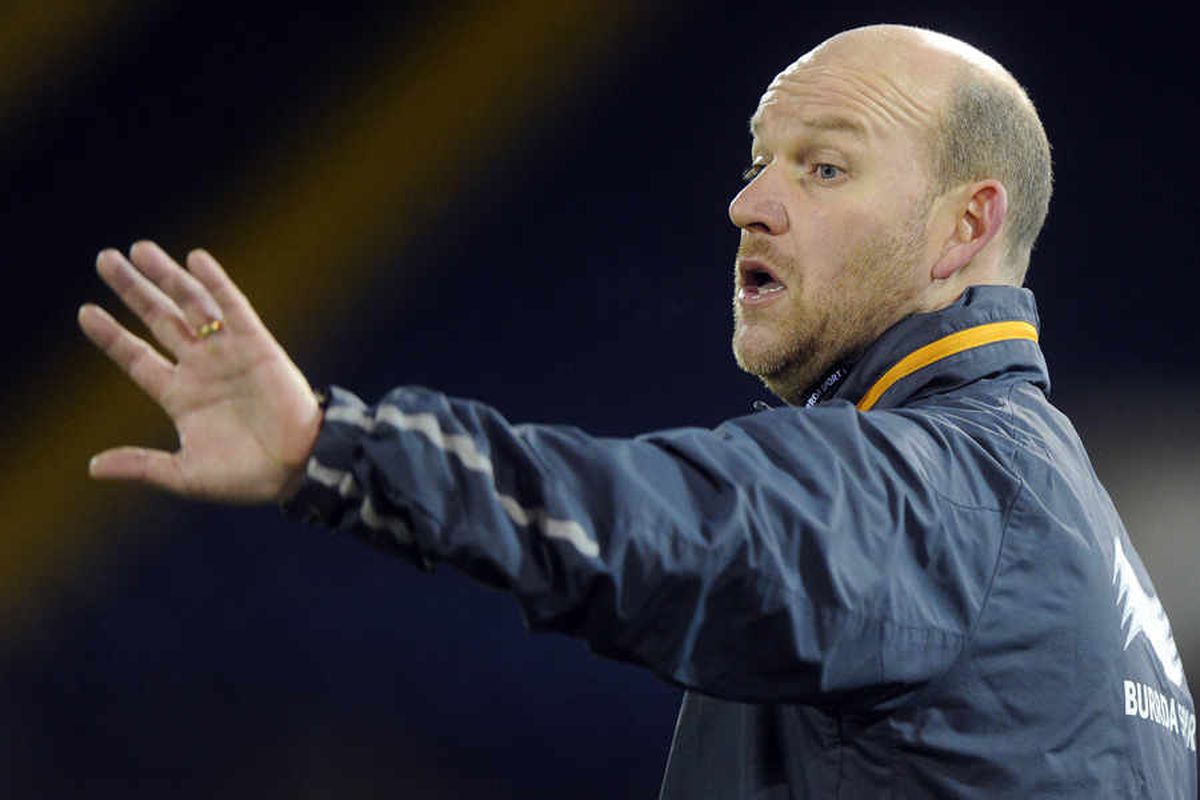As a young boy, Steve Weaver dreamt of a career as a professional footballer. He joined the local team, Wrexham, aged just 15, bringing him closer to that dream. He even signed a professional contract.
Unfortunately, the worst fear for a promising young footballer would be realised by Steve. An injury that quickly brought his playing career to an end.
That wasn’t the end of Steve’s journey in football, however. He is now the Head of Football Development for Norwich City FC. His current position comes off the back of a long and varied career as a coach that started all the way back home in Wrexham.
“I grew up playing football. I went into Wrexham. I signed a pro contract after a couple of years and then I got injured almost straight away.
“I was training with the first team and while I was rehabbing, I ended doing a bit of coaching with the academy. That got me into coaching as I finished playing.
“I never really got going as a player, but I was lucky enough to be able to stay involved with coaching, first in the community with young kids, and then with the academy players. It then manifested itself into a greater role as I went along,” he said.
Losing a promising football career to injury is all too common but as much of a setback as it was for Steve, he took it in his stride. He makes the point that a career in football was not the lucrative financial opportunity that it is today when he got injured.
“It was very quick. How you deal with setbacks is based on how you were brought up, I think. I grew up in an environment that was very working class, a council house. We got on with it.
“Football was different then, too. You have to remember that most people at 35 had to go and work. It wasn’t like you retired and did what you want for the next 30 years. Unless you were a top, and I mean top, player, you were working.
“My generation, and the generation above me, we were privileged to be in it. I still feel like that. I look at football and I cannot believe that I work in football.
“Me and Bobby Mimms, a great goalkeeper for Everton and Blackburn, we talk about it now. We feel privileged.

Former Blackburn and Everton goalkeeper, Bobby Mimms. Credit: PA
“There’s definitely been a change in the attitude towards sport in the last 20 or 30 years. People see an ability to get money quickly, rather than wanting to work in sport because they love it. When I stopped playing, I just felt lucky to be able to go straight into the coaching.
“I was never going to work in an office. I’d sooner be a groundsman or work on a golf course. I would have gotten a trade. I’d have gone on and been a plumber or a bricklayer. It never bothered me. Despite my injury, I always felt that I was lucky, not the other way around,” he said.
Steve says that one thing the injury taught him was that you can’t predict the future and that you should take any opportunities that come your way.
“Just try things. I didn’t have a particular career path. I didn’t sit down and find my ‘North Star’. I still haven’t. I’m in football 35 years and I still don’t have my ‘North Star’.
“I think you just have to take opportunities when they come. When you get too fixated on what you want to be, you can miss the enjoyment of the journey. I never had big aspirations of being in the Premier League. I just worked hard. I found my standards and didn’t accept anything less,” he said.
One of the things that people who work in football and sport, in general, will tell you is the importance of having mentors. People to learn from and improve with. Steve is no different, as very early on he got to work with the great Cliff Sear.

Cliff Sear. Credit: Getty Images
Sear was a professional footballer himself in his day, most notably for Manchester City. But it was Sear’s ability to spot talent that he would become best known for, something that Steve got to witness first-hand.
“My youth team coach was a man called Cliff Sear, who was a wonderful man. He had a wonderful eye for players.
“He was responsible for finding Ian Rush, Danny Murphy, Michael Owen. As soon as I finished playing, I worked with Cliff. Unbeknownst to me, I was learning from his wealth of experience. We would just talk about players. You don’t realise what you get exposed to at a young age,” he said.
Steve went through just about everything you can imagine with his boyhood club over the 20 years he was there.
Breaking into the side as a youngster, having his career ended prematurely by injury, earning his coaching stripes and eventually ascending to the role of assistant manager, narrowly avoiding relegation to the conference league on the final day.
When the time came that he was ‘pushed to the side’, Steve said it was a blow, but that it ‘gave [him] a bit of a jolt’.

Steve on the sidelines as Wrexham assistant against Liverpool. Credit: Getty Images
And little did he know that the next exciting opportunity was right around the corner.
“I went down to my parents, to have a cup of coffee, and I get a call from Manchester City. They said they could use me during the week.
“City, at that time, were very successful, winning the Youth Cup. They had a lot of good players. So, it was great. I had three or four months at Man City, working with their players,” he said.
Those players included the likes of Micah Richards, Daniel Sturridge, Kieran Trippier, and Ben Mee, just to name a few.
It was a time that Steve became in demand as another club began to inquire about his services, with yet another new opportunity for him to explore.
“I also got an offer from Blackburn Rovers at the time. They asked me what I was doing on weekends. They asked me to jump on a plane and go to Europe and do a bit of scouting.
“I ended up with two very different jobs. One working with academy players, and one going to Europe once a week to watch games. It was Friday to Monday for Blackburn and then Tuesday to Thursday with Man City. I did it for about four or five months. It was great. It was a different world for me. It was a learning curve,” he said.
It was a period of learning for Steve that greatly benefitted his career and that he took with him into his next formative role, as a development coach for Wolverhampton Wanderers.
“I had a period between 35 and 38, that was a massive learning curve. Going from Wrexham to working for three really big clubs. They were all really successful. Manchester City was producing so many good young players. Blackburn was in Europe with Mark Hughes, they were challenging.
“Then, I ended up getting a role at Wolves as a development coach. I went in to work alongside Mick McCarthy and Terry Connor. I was responsible for all the pros. I had six great years at Wolves.

Steve with Wolves. Credit: Express and Star
“With Wolves, in my first year, we got promoted from the Championship to the Premier League. I was exposed to top people. They taught me so much.
“For the first 20 years of my career, I was learning from people that were better than me. I was clever enough not to challenge anything and just learn.
“I’m seen now as a more experienced coach. Younger coaches come to me and have a chat.
“I’ve been through a lot. I’ve been through promotions, relegations, signing players, getting rid of players, and sackings. It all counts as experience.”
Steve is now the Head of Development for Norwich City. To find out more about what he does for the Canaries in his role, subscribe to our sports newsletter for our upcoming articles.
Read More
A Day in the Life of a Manchester United Academy Scout
Get in Contact
If you are interested in any of our sports courses or have any questions you can book a consultation call with our expert sports advisor Jo Shaw here, email jo.shaw@portobelloinstitute.com or call 01 892 0024.



-1.png?width=1200&name=Colms%20Sports%20Article%20Feature%20Images%20(9)-1.png)
-1.png?width=352&name=Colms%20Sports%20Article%20Feature%20Images%20(12)-1.png)
.png?width=352&name=Colms%20Sports%20Article%20Feature%20Images%20(9).png)